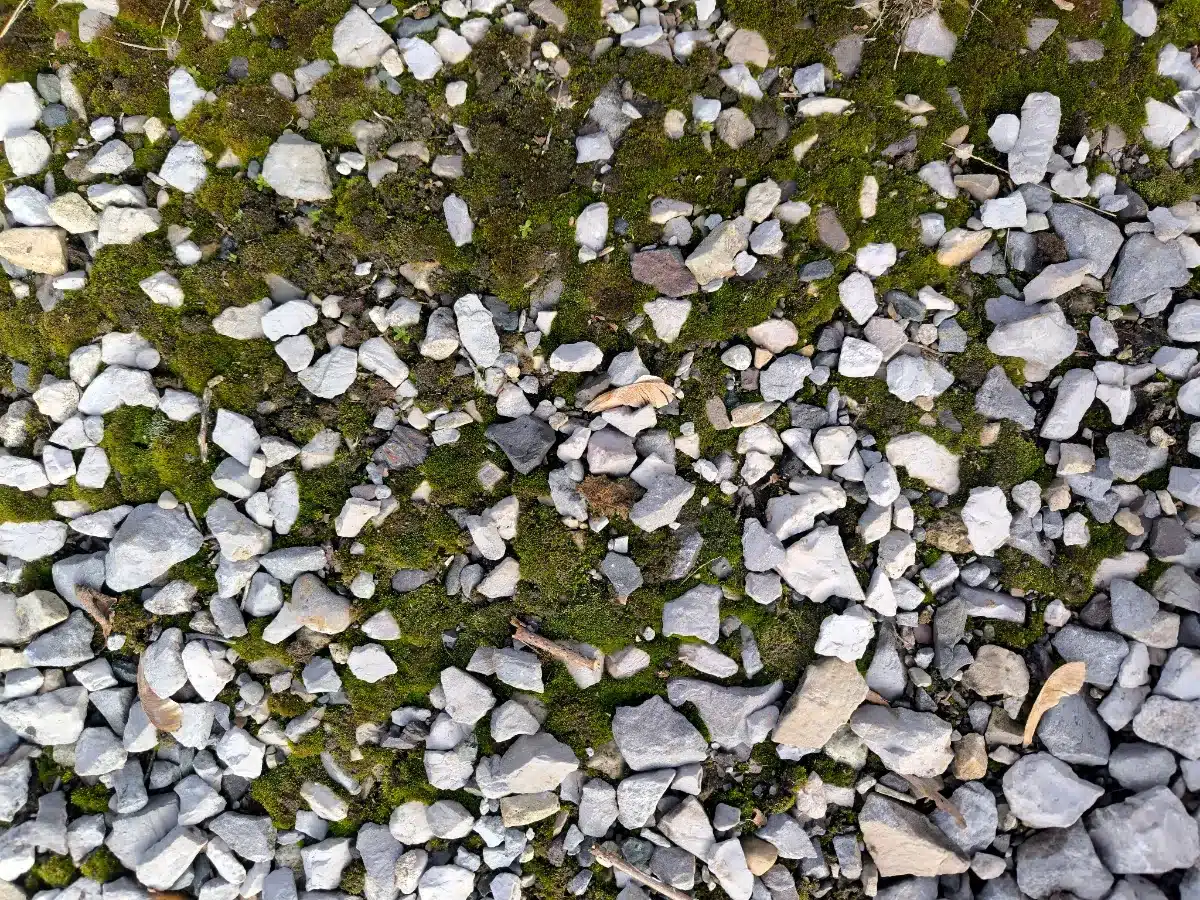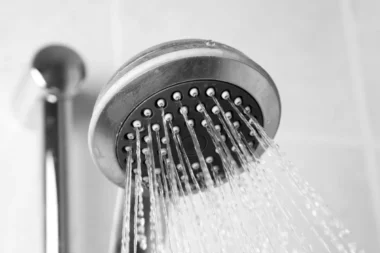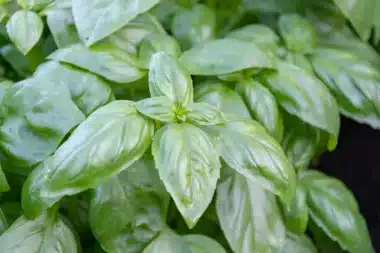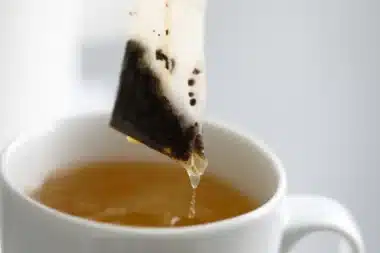In the never-ending struggle with weeds, many folks are heading to their kitchen cupboards for a fix. White vinegar has stepped up as a handy, all-natural weed zapper, offering a safer pick compared to chemical herbicides. Not only does it help keep your outdoor spaces looking neat, but it also plays into greener gardening habits.
The weed hassle
Weeds have a real knack for taking over spots like gravel driveways and patios in no time. Their unwelcome presence can mess up the look of your space and make upkeep a real pain. They’re especially pesky when they pop up between spaced patio slabs or get stuck among gravel (which can be a pain to pull out). For anyone looking for a more sustainable weed-busting approach, it helps to know how white vinegar works its magic.
This supermarket fruit contains the least pesticides, you can buy it with your eyes closed
How white vinegar knocks out weeds
White vinegar works by drying out plant leaves and stems, cutting off the water and nutrients they really need. This drying process eventually takes the life out of the weeds. The trick is that it works even better when you mix it with two other common kitchen items: dish soap and salt.
The dish soap helps by breaking down the waxy, water-repelling layer on the leaves (letting the vinegar and salt seep in deeper). Salt, on its part, slowly dehydrates the weeds from their roots right up through the leaves, making them easier to kill off. Just a heads-up: you’ll want to be careful with salt because too much can sterilize the soil and mess with the critters living there.
Making your own weed zapper
Whipping up a homemade herbicide with white vinegar is a breeze if you’ve got the basic stuff around. Here’s how to mix up this natural solution:
- Pour 20 to 30 ml of white vinegar into one liter of water in a spray bottle.
- Add one tablespoon of table salt.
- Toss in a few drops of dish soap.
- Shake the bottle well until everything is mixed together.
This recipe gives you an eco-friendly way to tackle weeds without harming the area around them.
How to use it right
For the best results, spray the mixture generously over every part of the weed—the leaves, stems, and even around the roots—when it’s sunny and dry. The sunshine speeds up the drying process, so the solution does its thing faster, sometimes working over a few hours or even overnight. If some weeds just won’t quit, you might need to give them a few extra sprays until they’re really gone.
Once the weeds are dead, you can easily gather them up and toss them out, leaving your patio or driveway looking spick and span. Keep in mind, though, that this method is best used for areas like patios or driveways rather than garden beds (because of the salt’s effect on soil life).
Choosing this natural method not only tackles your weed worries right away but also fits in with a more eco-friendly way of looking after your outdoor spaces. Embracing these sustainable gardening practices gives you a chance to rethink old-school methods and enjoy a healthier relationship with your yard. As more people discover smart alternatives like white vinegar solutions, homeowners are finding ways to care for both their gardens and the world around them.







